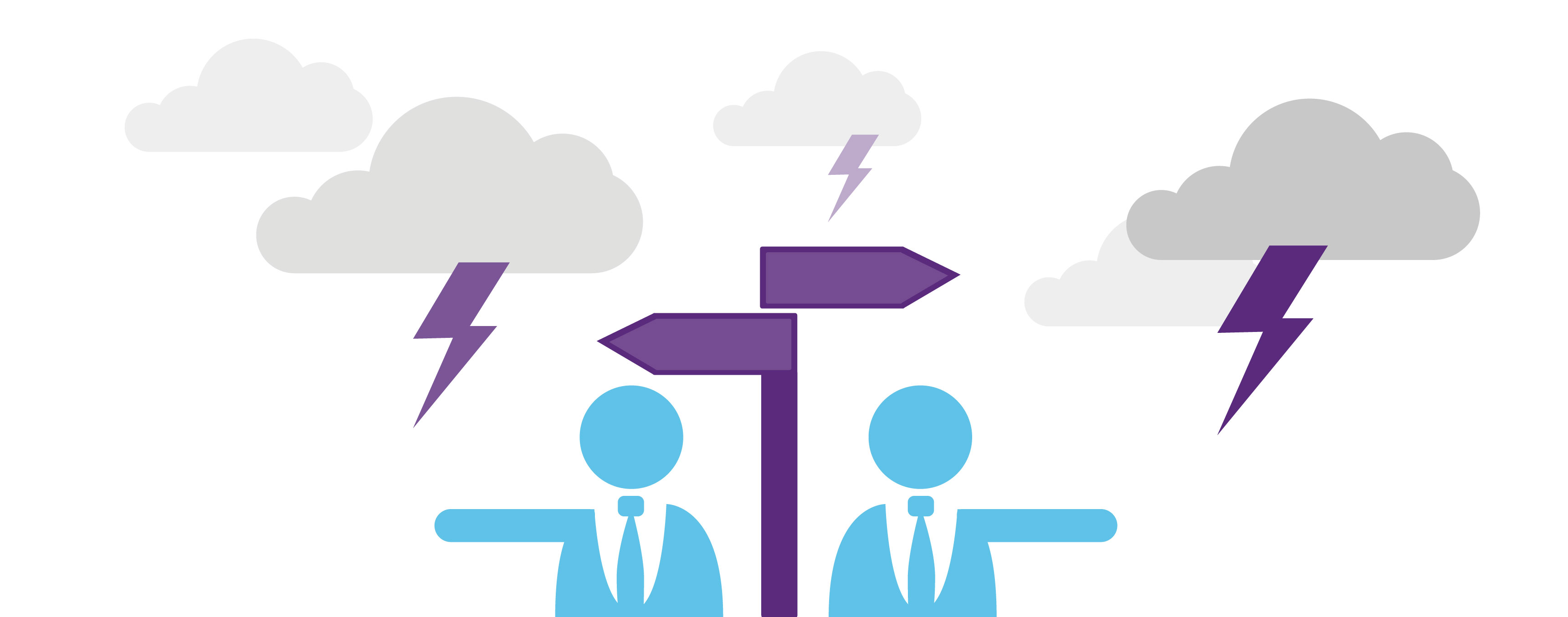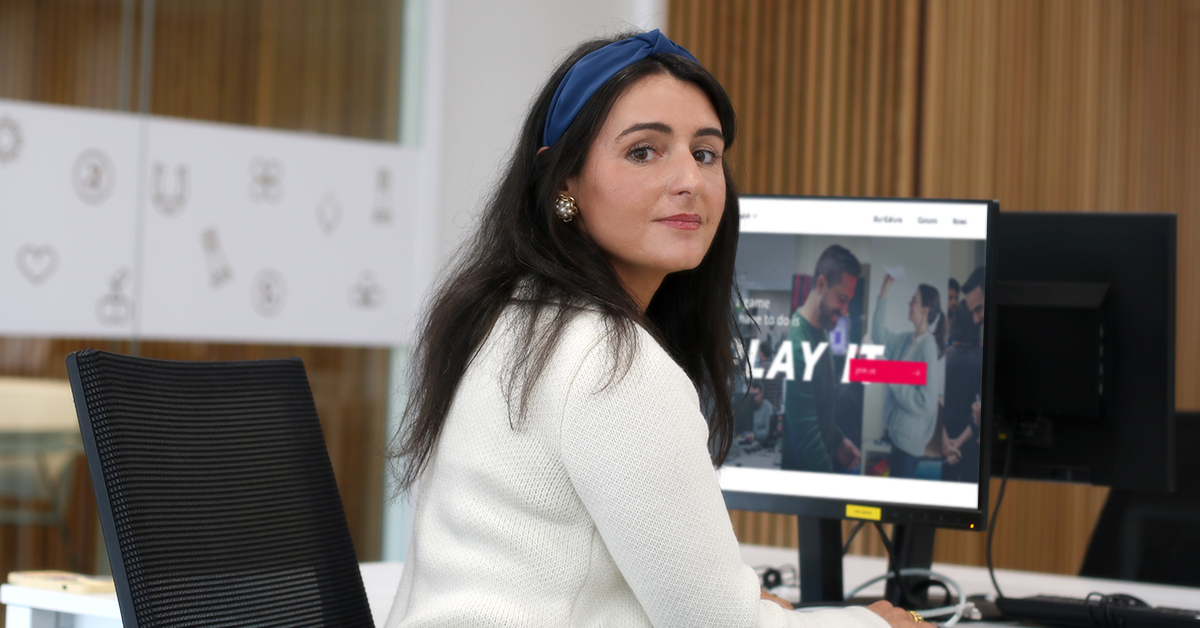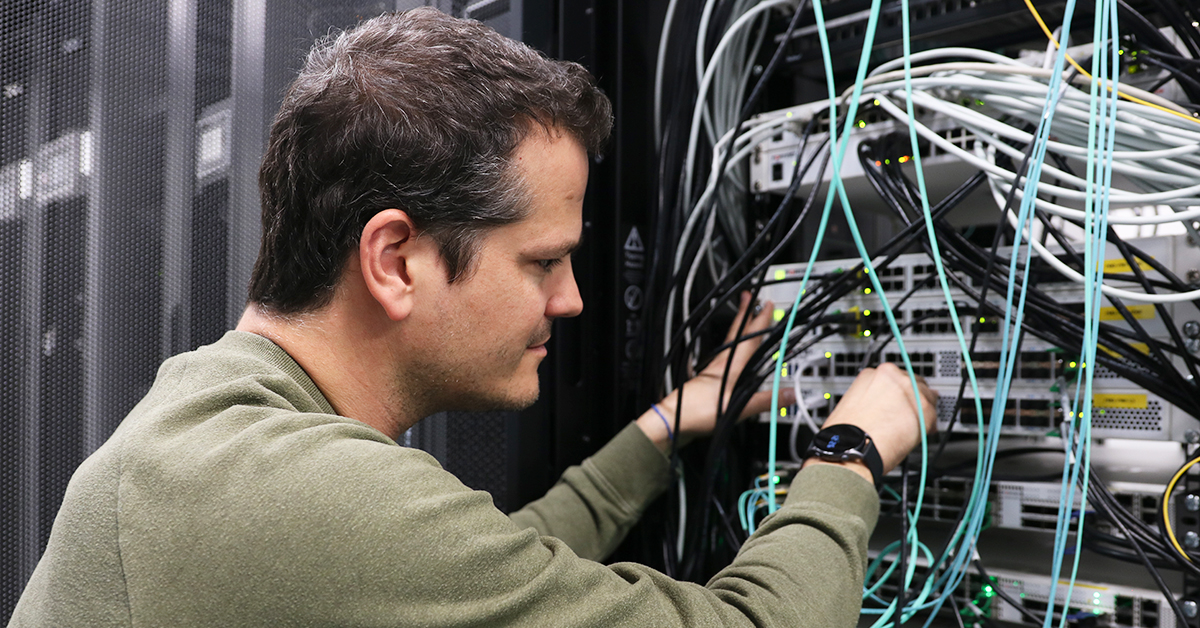KS - Tools to understand people
Ana Cavaleiro, a member of the Internal Certification team, came across an article about the importance of conflicts in organizations and decided to share this information with the Marketing & People Management team, with the intention of conducting a session on this topic. From our side, we loved the idea, but we also like to stimulate involvement and ownership by our gamers regarding ideas that come from them. Therefore, we ended up combining the task of sharing this rewarding experience with her.
We decided then that instead of just glorifying conflicts as an asset for companies, we would also try to understand why these conflicts arise.
First, we began by reflecting on how we perceive reality through our senses, but also how that perception diverges from reality itself due to the beliefs and values we all have. Indeed, this was a goal of the entire presentation: reality is the same, but the way we understand it varies from person to person, and therefore disagreements and conflicts can arise even if two people are looking at the same object. Returning to the question of meaning and signifier in semiotic terms, Roland Barthes, the pioneer of language science, argued that the figure of a ball, for example, might not actually be a ball.
 |  |
The expressed meaning of a figure can be read and segmented in various ways, according to the cultural differences of each of us, and Barthes explained that "several bodies of meanings can coexist in the same individual, determining, in each one, readings more or less 'profound'" (Elements of Semiology, 1999, p. 47).
Next, we decided to dive into what conflicts are. Fundamentally, they are emotions and sensations managed by the cerebral amygdala, which is also responsible for governing our vital functions and survival. Here, motivations and energies are generated which, if not well understood, can make us lose control, be in contact with negative emotions, and takeover any ability to use logic.
We used knowledge from NLP & Coaching to explain how these emotions impact our behaviour. For this, we explained the concept of Meta-programs, and what types exist, conducting a very basic exercise on how we all perceive reality differently.
Of course, we could not fail to include here the concept of Emotional Intelligence, which has been somewhat overshadowed due to its abrupt emergence in the corporate world. Emotional intelligence is not the solution to all problems, but it can help us defend our image in various situations. Thus, despite there being two related currents on this topic, we decided to follow Daniel Goleman's.

We also decided to offer a tool that can help with this issue of Emotional Intelligence, specifically, finding our Drive. The wheel of life, one of the tools we use in FMQ's mentoring program, allows the mentee to understand which aspects of their life are most important and which ones they feel the need to develop further.
Almost finishing, we explained the concepts of Backtracking & Rapport. Backtracking refers to the ability to reaffirm key points of the conversation using exactly the same words as the person we are interacting with. Rapport also has to do with synchrony with the other person: in this technique, we mirror the behaviour of the other, adjusting verbal and body languages, but doing everything with discretion and elegance. Rapport allows any person to create a bridge with the other, establishing contact and a higher level of understanding.
Finally, there was a reflection with the participants on the negative and positive aspects of conflicts in the workplace. We tried to give less emphasis to the negatives, as we consider them already well known, trying to see the positivity in these situations together with each participant. The conclusion about the importance of conflicts was based on the following points:
- They serve to gather more information
- They promote a global view of new possibilities/solutions
- They promote change
- They help teams value diversity
- They are the soul of vibrant and progressive organizations
- They awaken creativity, stimulate innovation, and personal growth
- They motivate people's participation
- They reinforce transparent personal relationships in a professional context
In the end, there was a feeling of work half done, as these sessions last for one hour and take place during working hours. Therefore, we had little time to explore some of these complex points in more depth. However, our main goal was to show some tools that can help understand others and, therefore, create bridges instead of ruptures that greatly affect organizational performance.



